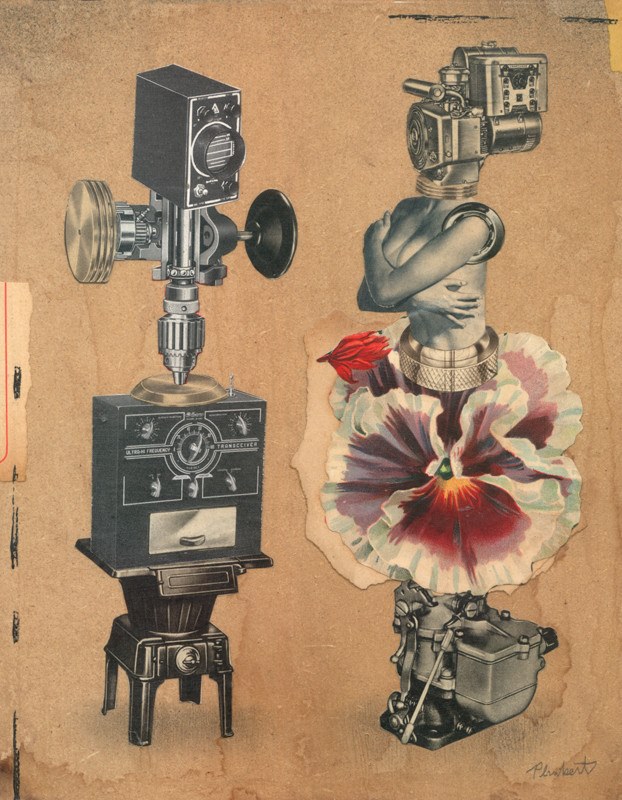Our Stories
By Amanda Petrusich

Even before I read Duncan Murrell’s essay on “The Anxiety of Authenticity,” I worried that the question of what’s “authentic”—that dicey old signifier—might already be the defining neurosis of our age. Technology, in its way, has abetted a new era of artifice: our public personas are crafted and tweaked, our photographs filtered, our vocals auto-tuned, our news aggregated and unsubstantiated, our produce modified for fullness and gloss. As Murrell points out, even our most beloved mythologies are sometimes bullshit, conjured, ages ago, by raconteurs. It becomes hard to know what is true.
The results of our present authenticity-scramble have, so far, been mixed: organic kale, bespoke suits, Mumford and Sons.
As a journalist and critic, it’s easy for me to feel implicated by some of the questions Murrell raises regarding how authenticity should (or can) be defined. Especially because one of the practices he isolates—“We define and exclude, and by extension possess”—is also a remarkably concise distillation of the process of writing nonfiction. The act is not pure. Every sentence I’ve ever typed is unclean—subjective—from origin to end (what I saw and heard; the words I know and how I choose to arrange them). Writing is an act of extraordinary hubris, born of desperation. It is, without question, the only way I know how to make sense of anything, and I guard it with fervency and a not-insignificant amount of fear. Writing allows me to not only delineate and contain certain mysteries, but to internalize and re-create them, to make them my own. I write with the pie-eyed hope that someone will then take my words and make them theirs, and that we will help each other feel less alone.
I’m certain that last bit is the only authentic part.
For me, culling a narrative from a string of wild and disorderly events always feels a little bit like hurling a blanket over a small fire: it’s a reductive act, but a necessary one. Joan Didion, writing in The White Album, distills it:
We tell ourselves stories in order to live . . . We look for the sermon in the suicide, for the social or moral lesson in the murder of five. We interpret what we see, select the most workable of multiple choices. We live entirely, especially if we are writers, by the imposition of a narrative line upon disparate images, by the “ideas” with which we have learned to freeze the shifting phantasmagoria which is our actual experience.
The alternative—accepting meaninglessness—is just too existentially paralyzing to consider.
Add Jim Thompson, writing in The Killer Inside Me: “There are things that have to be forgotten if you want to go on living.” Categorization and exclusion are essential parts of coherence, both on and off the page. Writing stories, like living, requires making choices; sometimes that means finding and featuring the smaller story within the big one, and sometimes the smaller story becomes the big one. Always, something is lost. But at its best, writing can function as a kind of magical transduction: it can convert one form of energy to another form of energy.
I’ve come to see the folklorist’s mission as similar to mine: the collection and collation of art and culture as a way of getting closer to things that are not always easy to understand. The experience of re-contextualization can be nerve-racking. But that doesn’t mean it’s not worth doing.
One of my undergraduate writing students recently submitted an essay in which he explored the D.J. and producer Diplo’s role as a kind of low-to-high pop music conduit. “Diplo gentrifies musical styles,” he wrote. “To some he is a scavenger, a ghetto voyeur pulling sounds from some of the poorest, most crime-ridden areas of the globe and reworking them into mixtapes fit for ‘downtown kids.’” The discussion that followed—about why Diplo, who is white, made us uncomfortable by appropriating (and monetizing) music he “discovered” in marginalized communities—went from ardent to defeated in about fifteen minutes. Nobody—including me—had any idea why it was mostly okay for musical styles to trickle down but not up, why “co-option” feels like a nefarious move, or who is entitled to claim what as his or her own.
There is an inherently flawed, highly personal narrative buried in every writer or folklorist or producer’s work: this is what I think is interesting and worth preserving. And while I agree that declaring the product of that work “authentic” (a word that seems to imply objective purity, and therefore should never be externally applied) is problematic, I don’t think the rest of it is. I think there’s something beautiful about it.
In her essay “Against Interpretation,” Susan Sontag implores her readers to stop asking what art “means,” declaring that sort of analysis “the revenge of the intellect upon art…the revenge of the intellect upon on the world.” She also quotes D. H. Lawrence: “Never trust the teller, trust the tale.” But why isn’t interpretation itself, in whatever form it assumes—curation, preservation, fandom, criticism (with obvious exceptions made for explicitly mercenary manipulations)—considered a creative act, like songwriting or taking photographs? Creation isn’t always pleasant, and it’s rarely moral. Re-creation is just as essential, and just as powerful.
The older I get, the less interested I am in so-called “true” stories—in objective, considered, responsible representations. Aside from hard news reporting, I no longer care about what is or is not authentically rendered, or even what that means; sometimes a bias (or a fantasy) is the most honest thing we can offer the world. Maybe that’s a kind of regression, a shameful bit of white-flag-waving, a submission to cultural forces larger and more powerful than I am.
But there’s something so deeply compelling about our imperfect human lenses, about what we want (or need) to believe about ourselves and others, regardless of where these tales originate. These are the stories that keep us alive.


